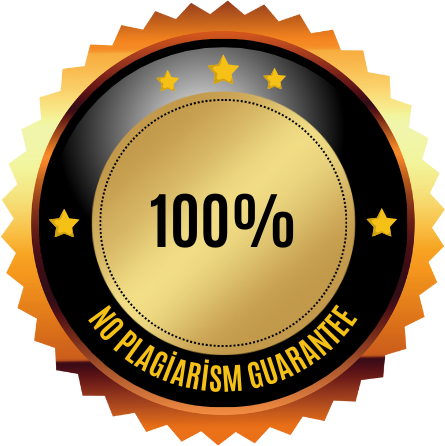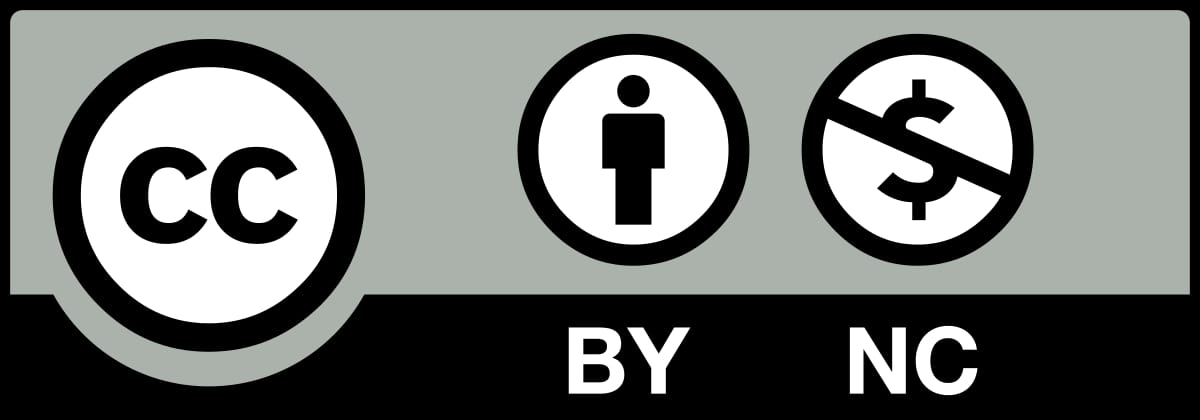Ethics & Best Practice Statement
International journal of medical science (IJMSCI) follows Ethical guidelines and code of conduct recommended by Committee on Publication Ethics (COPE-https://publicationethics.org/guidance/Flowcharts), International Council of Medical Journal Editors (ICMJE- https://www.icmje.org/recommendations/) and World Association of Medical Editors (WAME- https://wame.org/policies). It’s important to agree upon ethics & best practice statement for all involved in scholarly publishing: author(s), editor(s), reviewer(s), and the publisher.
[1] Authorship contribution
Author must have significant contributions in the work like conception, design, execution, or data interpretation in the reported study. Other significant contributor(s) should be listed as co-author(s). Corresponding author should ensure that author and co-author(s) are appropriate and they deserve authorship rights in the submission. Author and co-author(s) are agreed that they have seen the manuscript and approved it for submission and publication consideration. Honorary authorship and other unlawful authorship will be treated as violation of authorship criteria.
[2] Plagiarism policy
As plagiarism is globally considered as an unethical act, therefore author(s) should be careful about similarity Index before submission to the journal. IJMSCI allows similarity Index up to 20% including references. The journal prefers leading plagiarism checking tools that are recognized globally for accuracy and precision (Examples-i-thenticate, Turnitin, Drillbit etc).
[3] Concurrent submission
Article found published elsewhere, or to be under review elsewhere, will be treated as duplicate submission or Concurrent submission. In such case, journal authority may cancel the submission immediately. Moreover, action can be taken for the submission due to unethical publishing behavior. If authors use their own previously published article, or article currently under review, as the basis for a submitted article, they are required to cite the previous work and indicate how their submitted article offers novel contributions beyond those of the previous work.
[4] Permission(s)
Figures, tables, or text paragraphs that have already been published elsewhere are required to obtain permission from the copyright owner(s). Author(s) should submit the permission grant documents in printed and online format to the editorial office during submission of the article.
[5] Acknowledgement(s)
The contribution of others (if any) should acknowledge properly mentioning their specific role and contribution in the work.
[6] Protection of research participants
International Journal of Medical Science (IJMSCI) follows Human and Animal Protection Rights according to the recommendation of International Council of Medical Journal Editors (ICMJE) for the Conduct, Reporting, Editing, and Publication of Scholarly work in medical Journals. The URL for the recommendation and guidelines:http://www.icmje.org/recommendations/browse/roles-and-responsibilities/protection-of-research-participants.html)
[7] Data Integrity
Author and co-author(s) are accountable for the accuracy and integrity of the data presented in their manuscripts. Data fabrication, falsification, or other unlawful submission will be considered as violation of ethical norms and will be treated accordingly by the editorial management.
[8] Citation ethics
The work of others must be acknowledged with proper citation or quotation. Author(s) should cite works that have been influential in determining the nature of the reported work. Information obtained privately, as in conversation, correspondence, or discussion with third parties, must not be used or reported without explicit, written permission from the source. Information obtained in the course of confidential services, such as refereeing manuscripts or grant applications, must not be used without the written permission of the author (originator) of the work involved. Multiple citation of any particular researcher, will be treat as unethical and violation of citation ethics.
[9] Conflicts of interest
Conflict of interest affects the impartiality or integrity of the work or assessment process. It may occur during the development of manuscript or at the time of assessment process. However, any conflict of interest found after publication is really embarrassing for the authors, the Editor and the journal. So, it is mandatory for author(s) and reviewer(s) to identify the conflict of interest (if any) and inform the editor without delay.
[10] Open Access statement
International journal of medical science (IJMSCI) adheres fair, transparent and sustainable publishing model fulfilling the DOAJ definition of open access. The journal allows immediate free access to the published work and permit users to read, download, copy, distribute, print, search, and link to the full texts of articles. The journal grants use of published data and online resources for lawful purposes. The journal does not charge any kind of fee from authors and users for open access publishing.
[11] Copyright & licensing
Copyright
International Journal of Medical Science allows author(s) to retain the copyright of their papers without restrictions. Author(s) grants the publisher the right of first publication, and other non- exclusive publishing rights.
Licensing
International Journal of Medical Science is an Open Access journal allows free access to users and Institutions. Articles published in International journal of Medical science are licenced under Creative Commons Attribution Non-Commercial (CC-BY-NC ) 4.0 International Incense. The license allows users to read, download, copy, distribute, print, search, and link to the full texts of the articles without prior permission from the publisher or the author(s). However, users must attribute the work to the authors and mention journal with complete citation when fragmental or complete text of the published work will be copied, distributed or made accessible publicly for any legal purposes. The license permits only non -commercial use of the published work, data and other available resources for lawful purposes.
[12] Privacy
The personal information used on this website is to be used exclusively for the stated purposes of each particular journal. It will not be made available for any other purpose or to any other party.
[13] Indexing
The decision to add an article to an indexing and abstracting database is solely made by the indexing authority, not the International Journal of Medical Science (IJMSCI). The journal can't intervene the judgement like accepted or rejected for inclusion in the said database. Furthermore, the IJMSCI can't guide the required processing time of an article for inclusion in the indexing and abstracting database.
[14] Correction policy
After publication, any type of correction request from author(s) will be assessed by the editorial team headed by editor-in-chief. Editors will measure the level of corrections, whether it’s a minor correction or a major correction. For major changes, editor-in-chief, associated editors and reviewers will be consulted for the decision. However, in all aforesaid cases, journal may charge necessary fee to amend correction in published work.
[15] Retraction policy
Retractions of article may occur when there is clear evidence of ethical violation, misconduct and unlawful findings. The decision is taken by the Editor-in-chief in consultation with editors and associated reviewers. Retraction takes place if:
- The findings have previously been published elsewhere without proper referencing, permission or justification.
- If the work is plagiarized
- If the work reports unethical research
- legal infringement
In aforesaid cases, journal may issue a notice to author(s) and communicate the same to their Institution/ Organization. Finally, the journal has authority to suspend all authors from publication for three to five years. However, if author(s) requests for retraction then author(s) should submit justified and lawful reason for the retraction. The request may be approved or rejected based on editorial decision. However, journal can charge author(s) for retraction of published article.
[16] Refund policy
There is no refund policy after the acceptance or production process from the journal side.
[17] Reporting violations
Any type of ethical violation or publication malpractice must report to the editorial office without delay.
[18] Jurisdiction
Any disputes or legal matters related to publication shall fall under the jurisdiction of Kolkata, West Bengal, India.
Editor’s Role:
- The editor of a journal holds a vital position taking important editorial decisions on all peer-reviewed articles submitted for publication.
- The editor should maintain the transparency of the academic research and record, preclude professional needs from cooperating with ethical standards, and always be willing to publish retractions, rectifications, and erratum when required.
- The editor should assess manuscripts for their scientific quality and intellectual content, free from any biased decisions based on discrimination of race, gender, geographical origin, or religion of the author(s). The editor should evaluate manuscripts objectively based on their academic merit and free of any commercial or self-interests.
- The editor should not disclose any information regarding submitted manuscripts before publication of the said manuscript.
- Promoting research rectitude must be preserved. If at any stage the publisher suspects any kind of misconduct in research, it should be investigated promptly and in detail with suitable authority. Furthermore, if any suspicious act is observed in the peer review, it should be resolved with diligence.
Reviewer’s Role:
- Providing a detailed, constructive, and unbiased evaluation in a timely manner on the scientific content of the work.
- Indicating whether the writing is relevant, concise, and clear and evaluating the originality as well as scientific accuracy.
- Maintaining the confidentiality of the complete review process.
- Notifying the journal editor about any financial or personal conflict of interest and declining to review the manuscript when a possibility of such a conflict exists.
- Notifying the journal editor of any ethical concerns in their evaluation of submitted manuscripts such as any violation of ethical treatment of animal and/or human subjects or any considerable similarity between a previously published article and any reviewed manuscript.
Author’s Role:
- All the work reported in the manuscript must be original and free from any kind of plagiarism.
- The work should not have been published elsewhere or submitted to any other journal(s) at the time of submission to Bentham Open.
- Any potential conflict of interest must be clearly acknowledged.
- Proper acknowledgements to other work referred/cited (of any individual, company or institution) must be given. Permission must be obtained for any content used from other sources.
- Only those who have made any substantial contribution to the interpretation or composition of the submitted work should be listed as ‘Authors’. While other contributors should be mentioned as ‘co-authors’

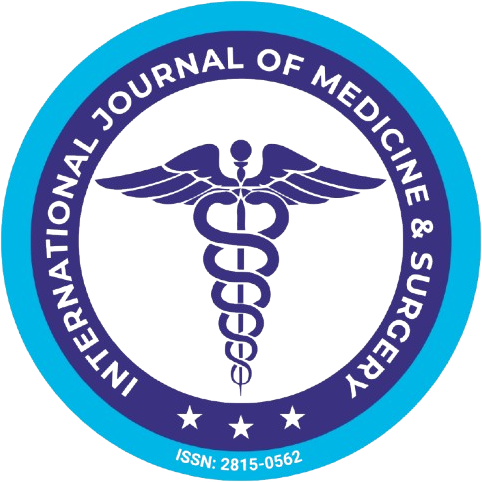


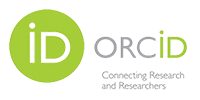
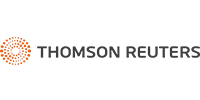




 IJMSCI is a Peer-Reviewed Journal and valid as per New UGC Gazette regulations
IJMSCI is a Peer-Reviewed Journal and valid as per New UGC Gazette regulations



